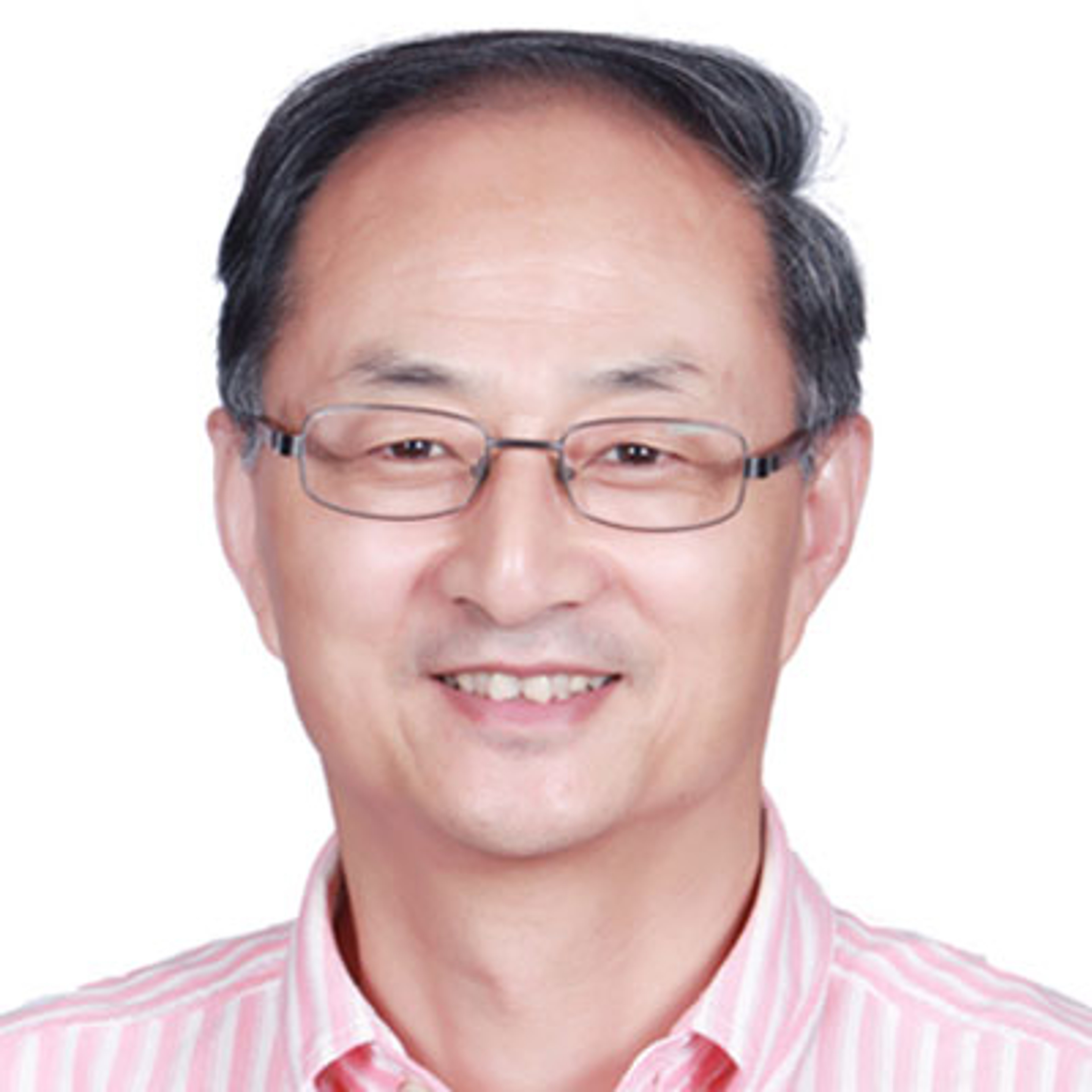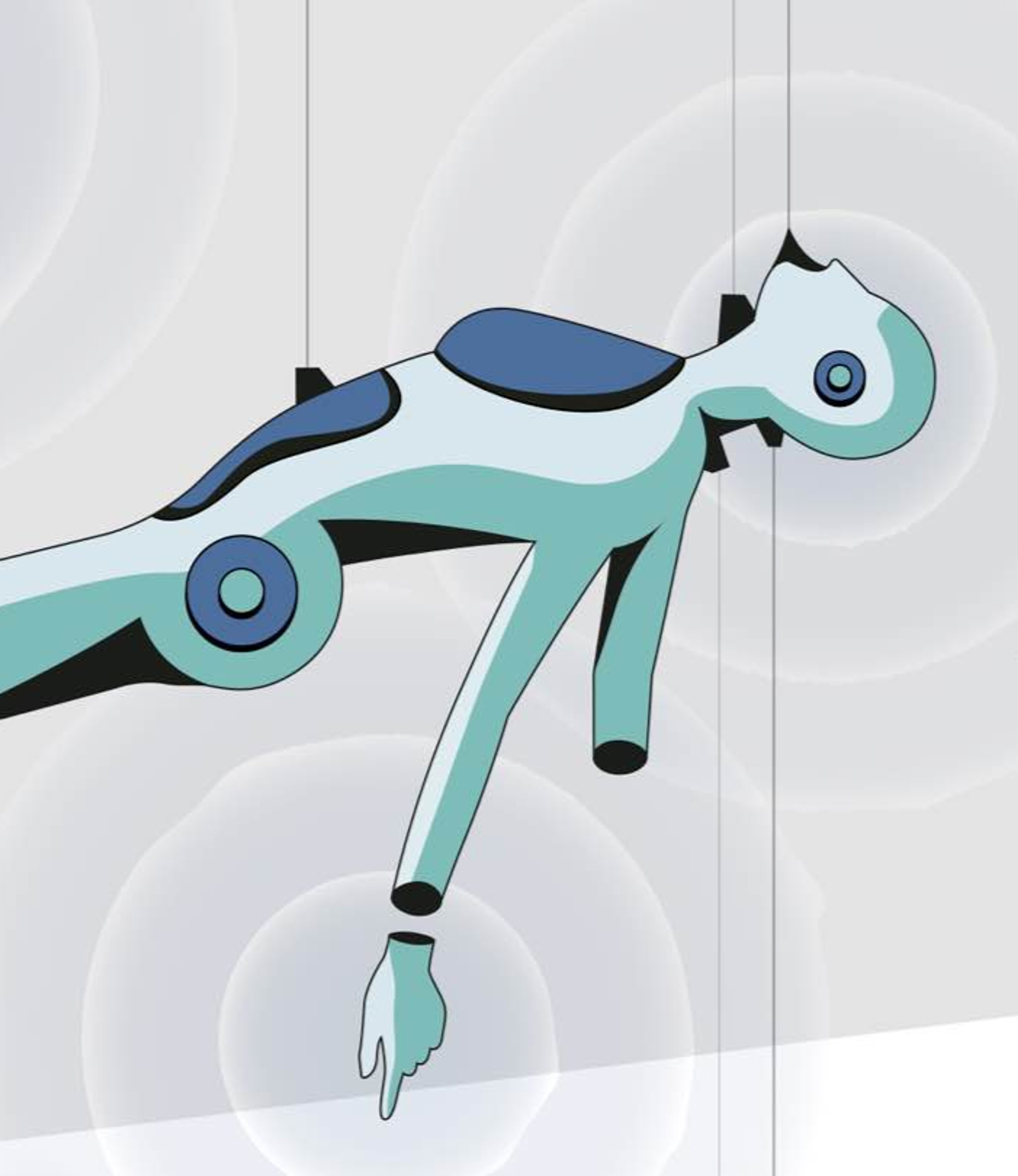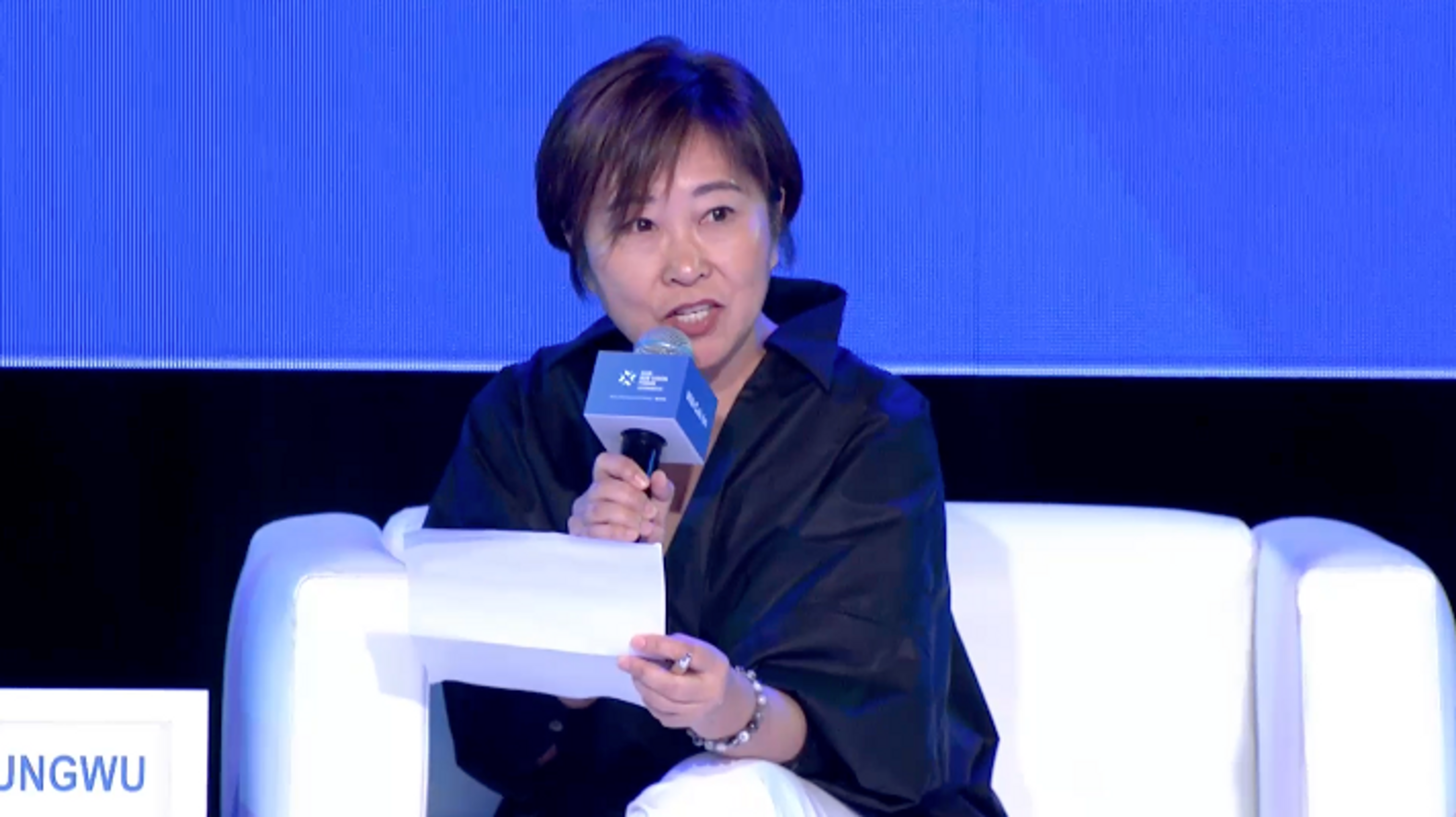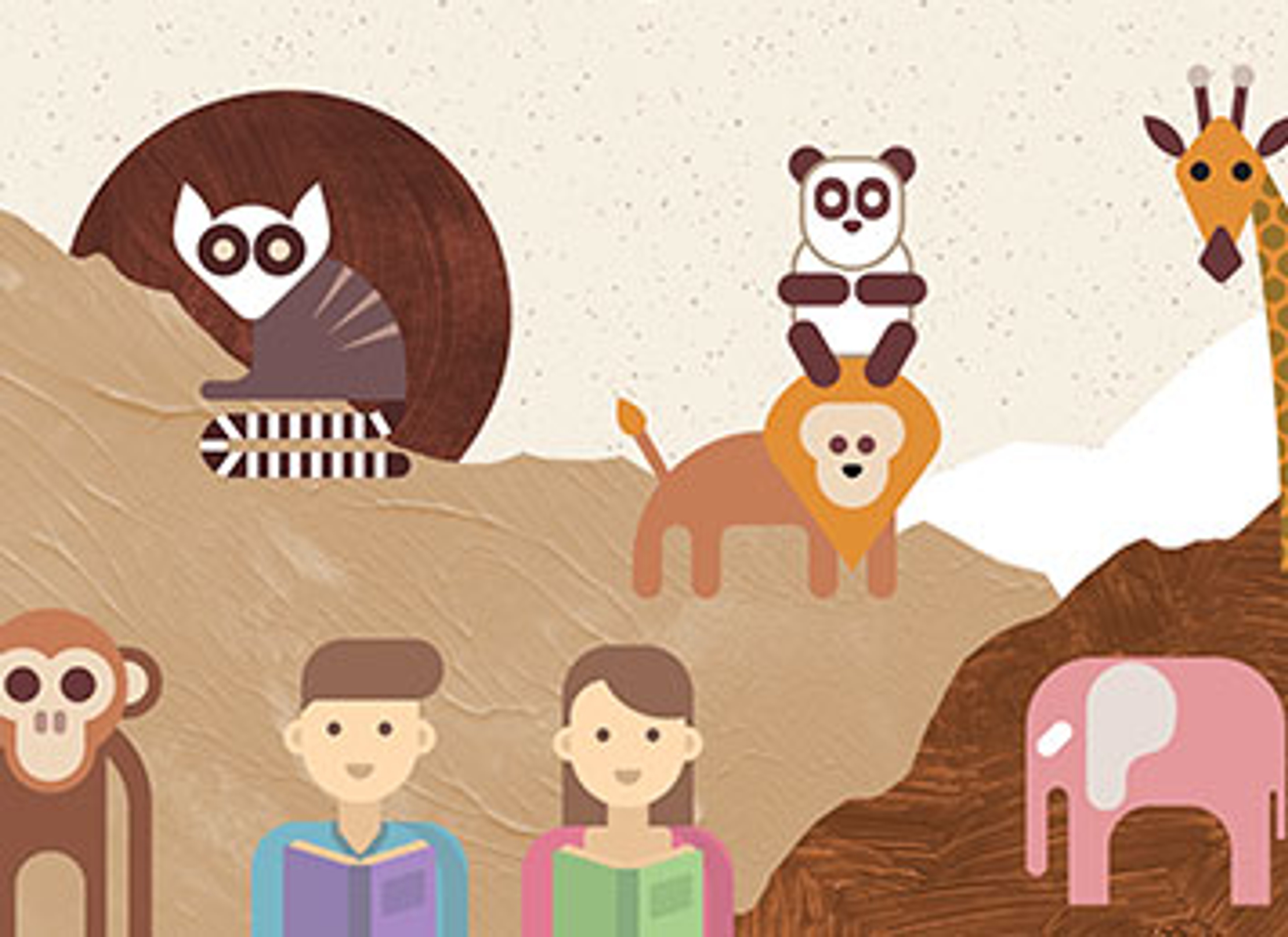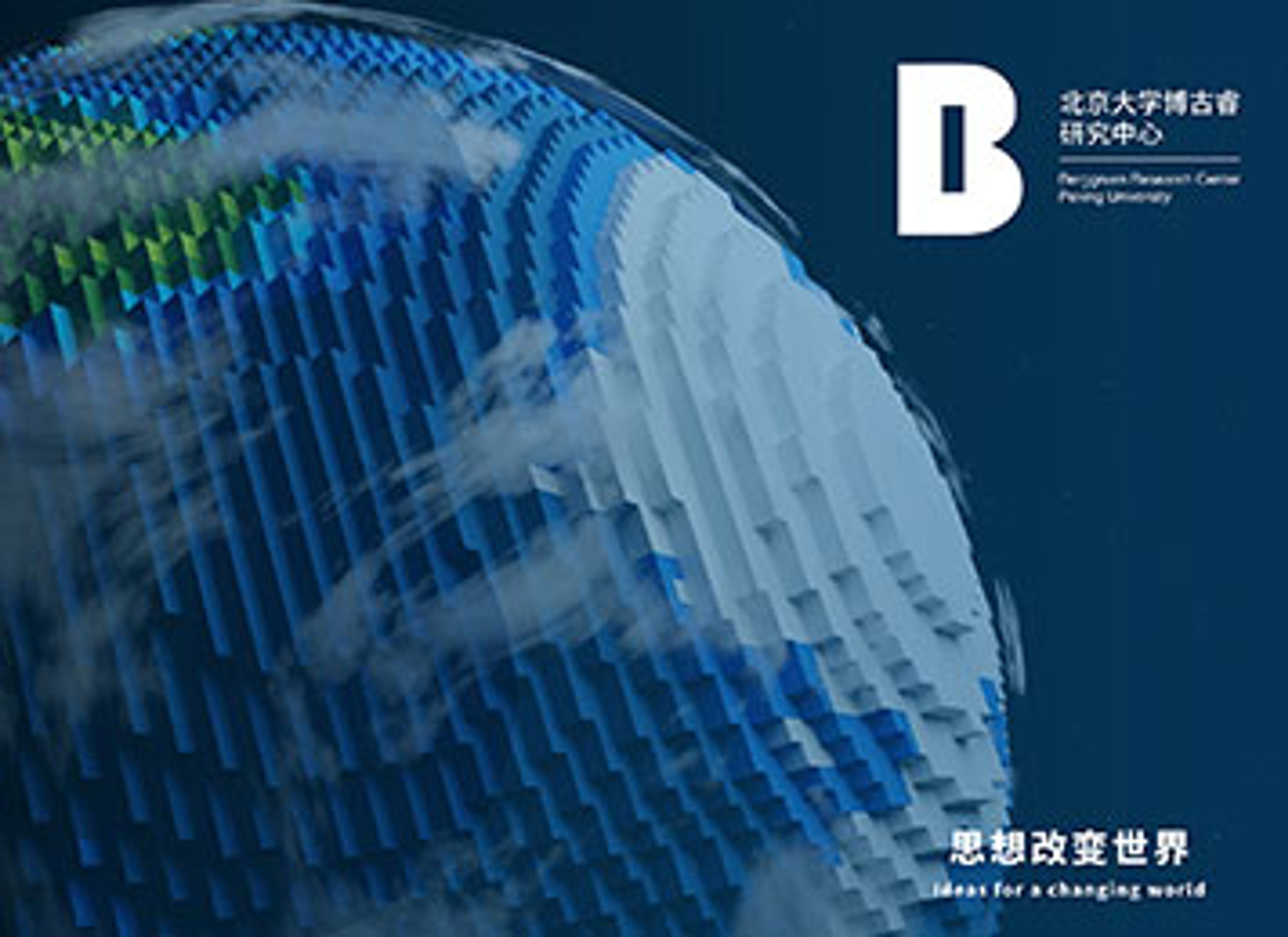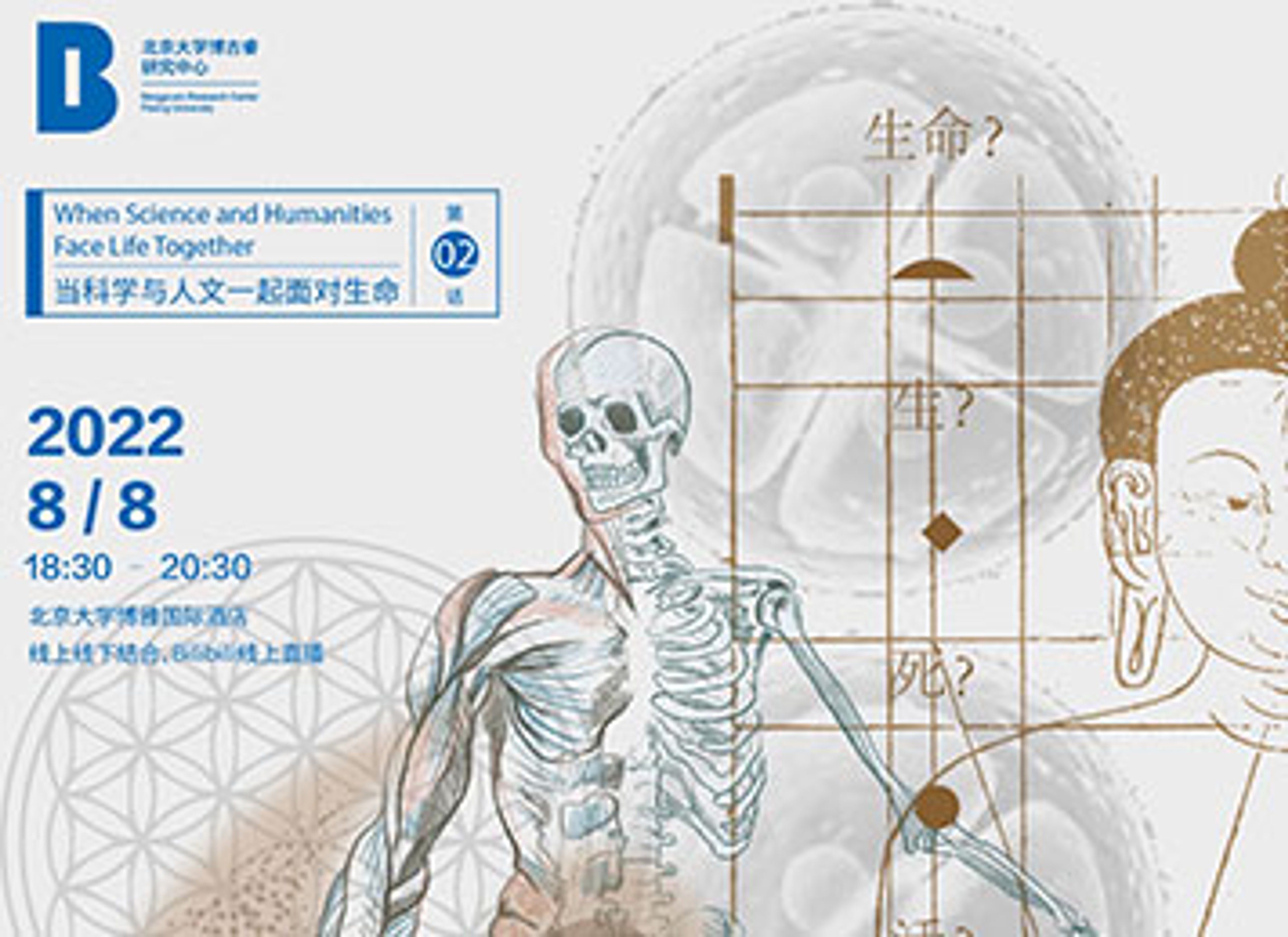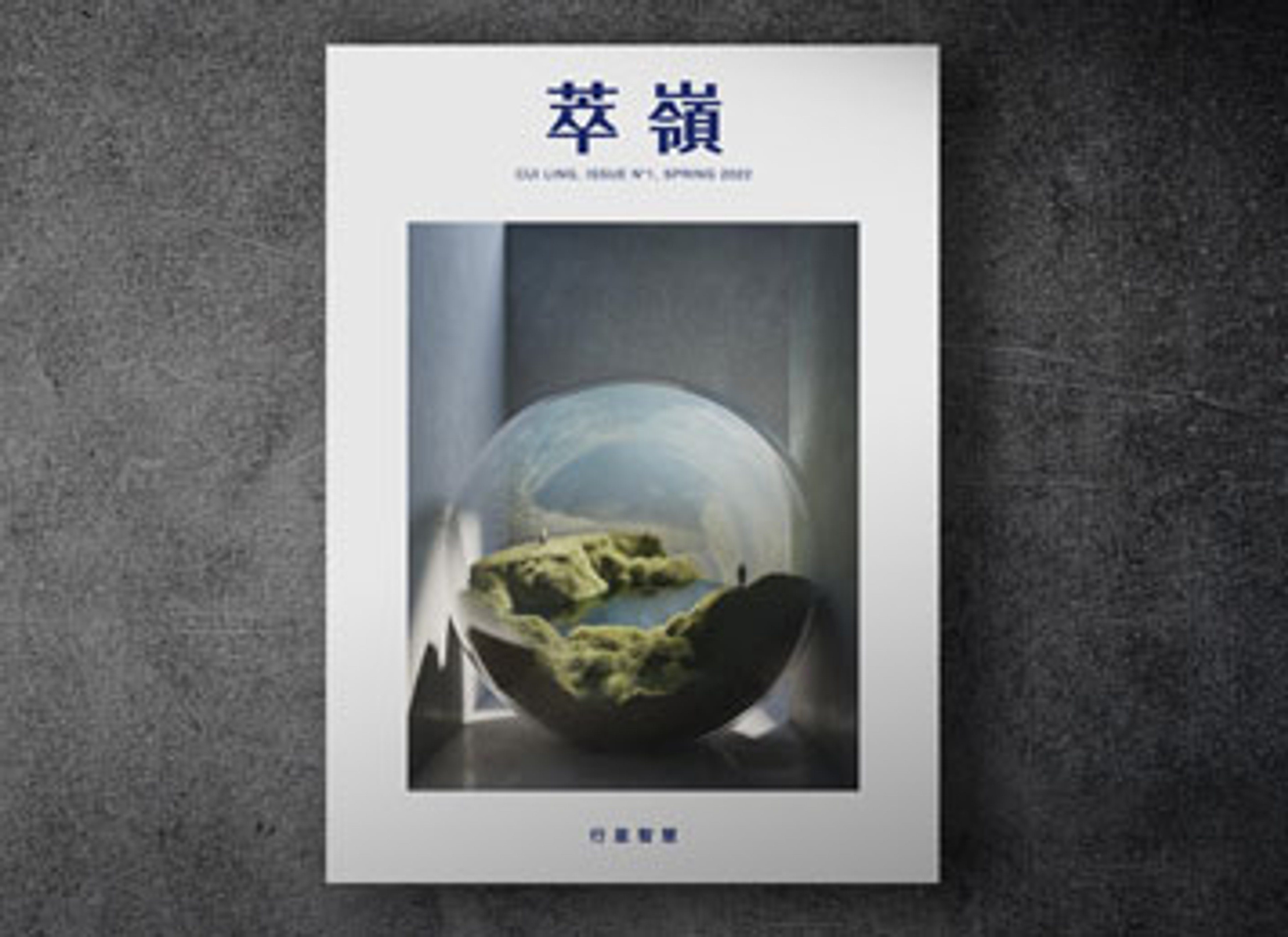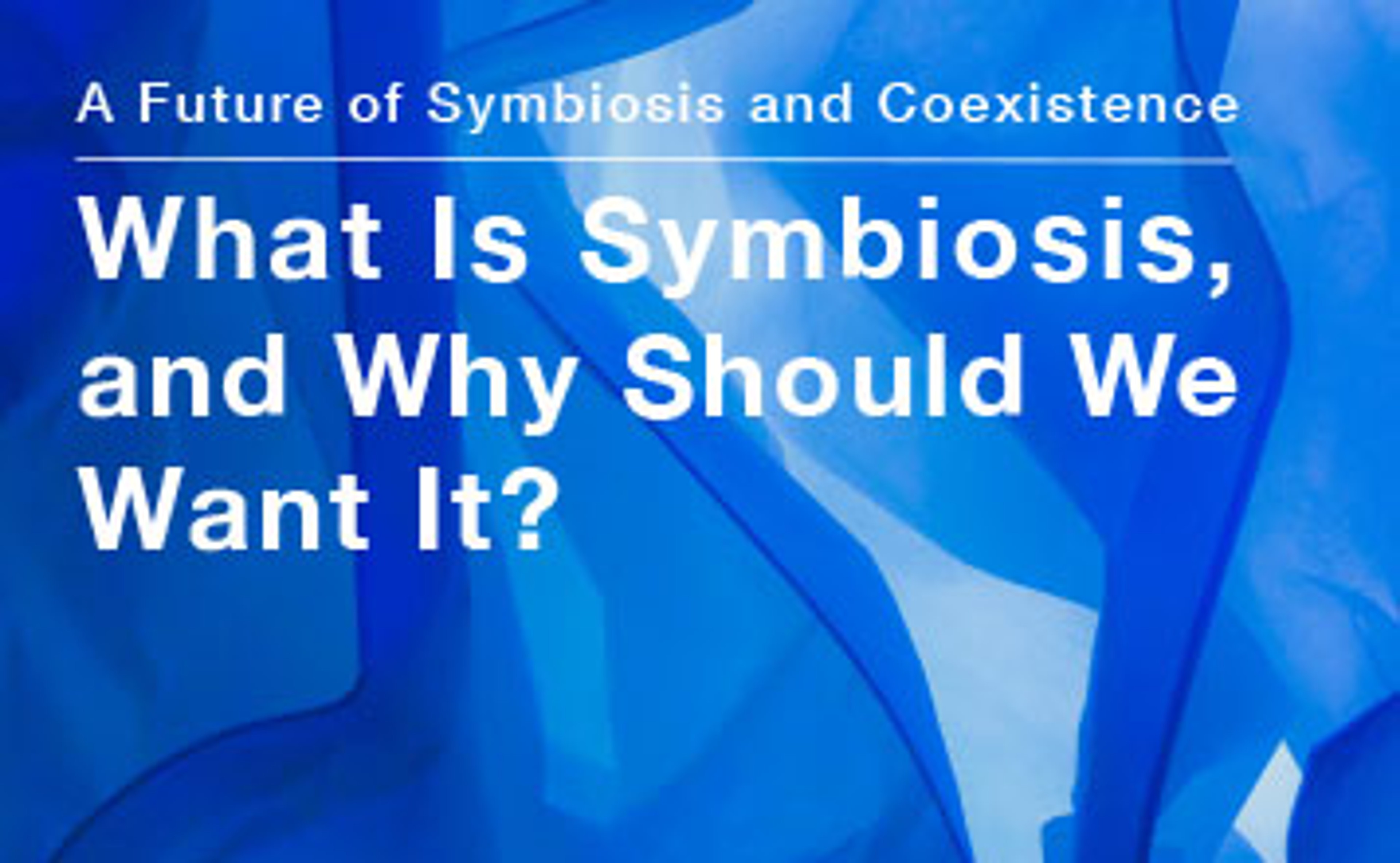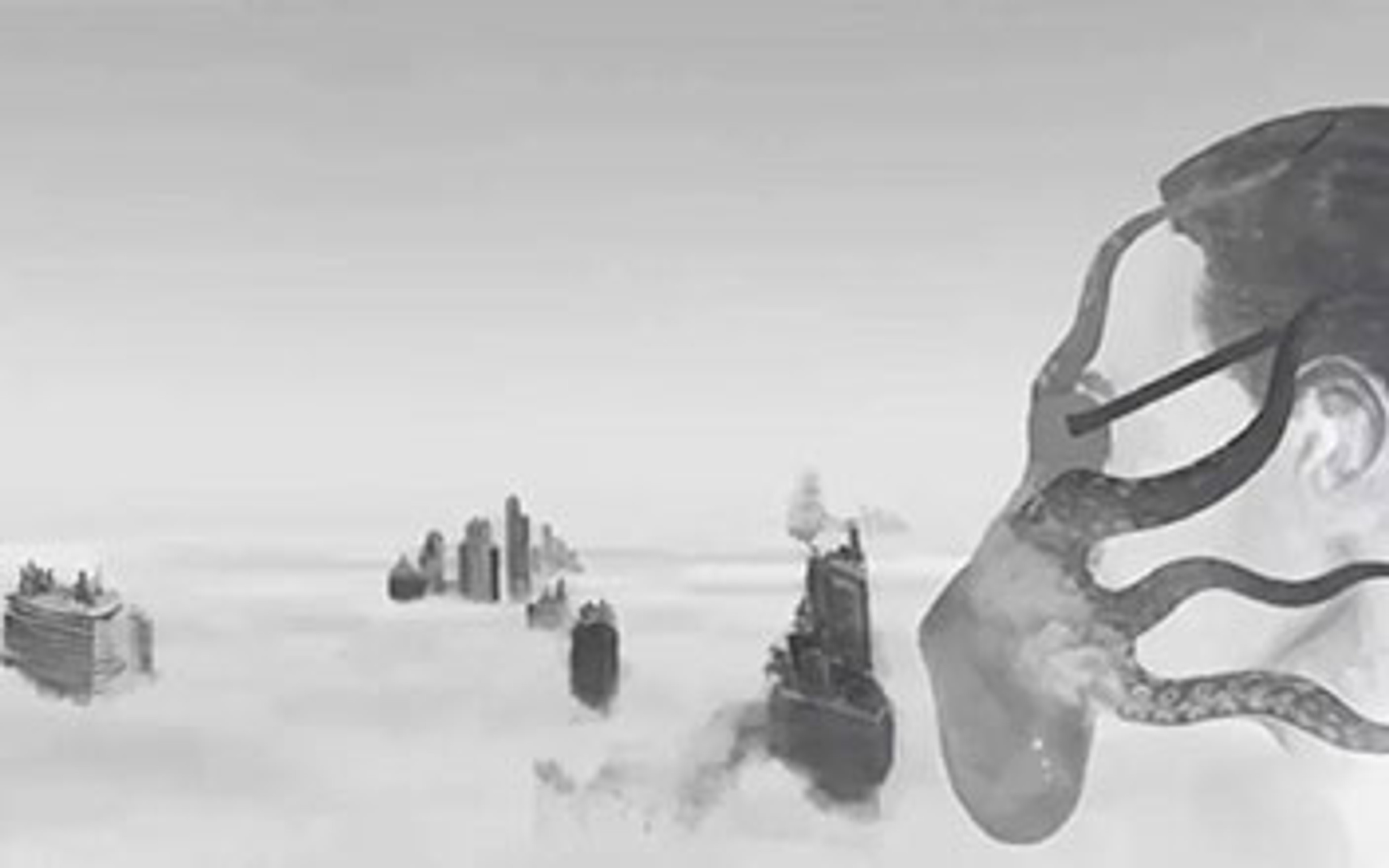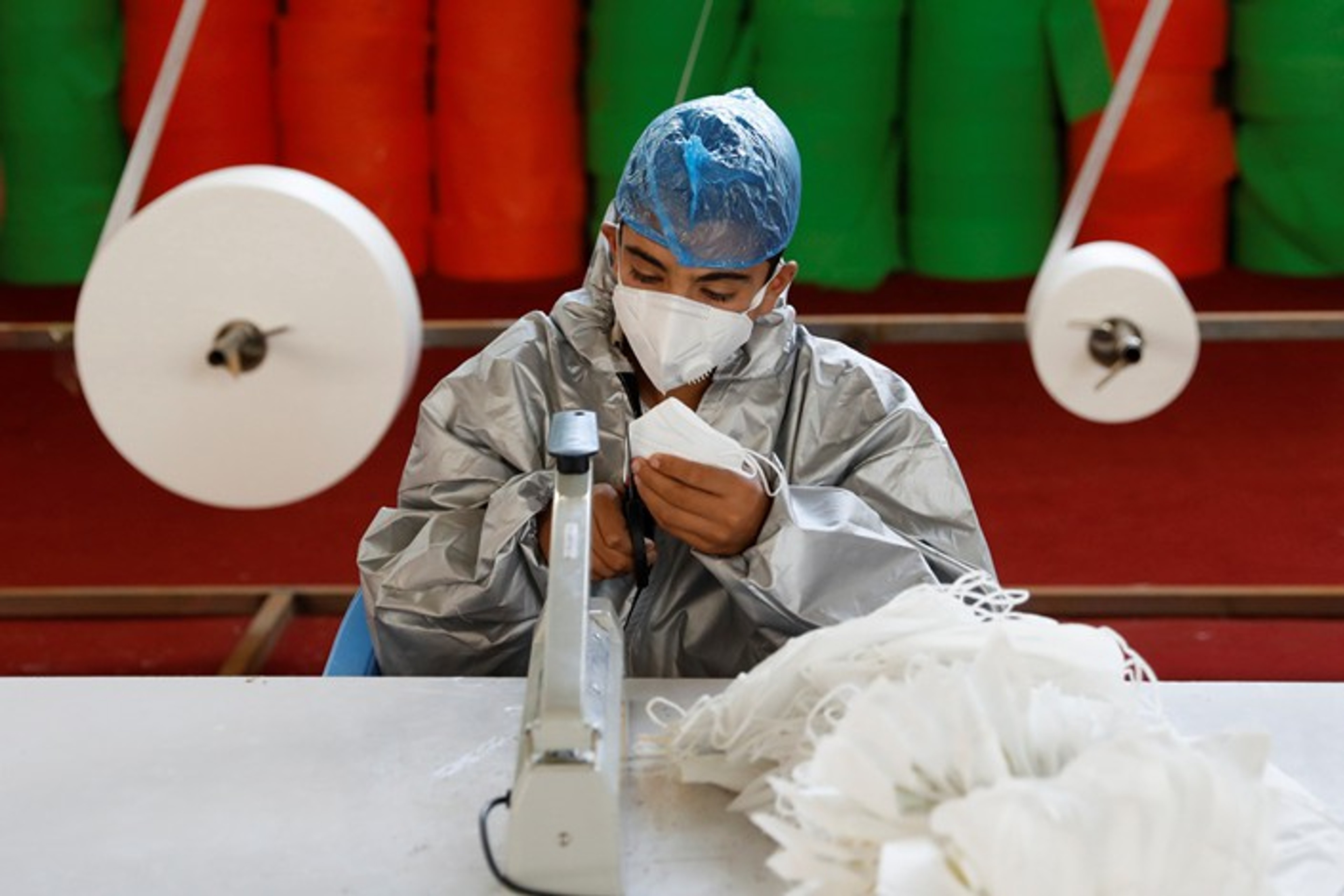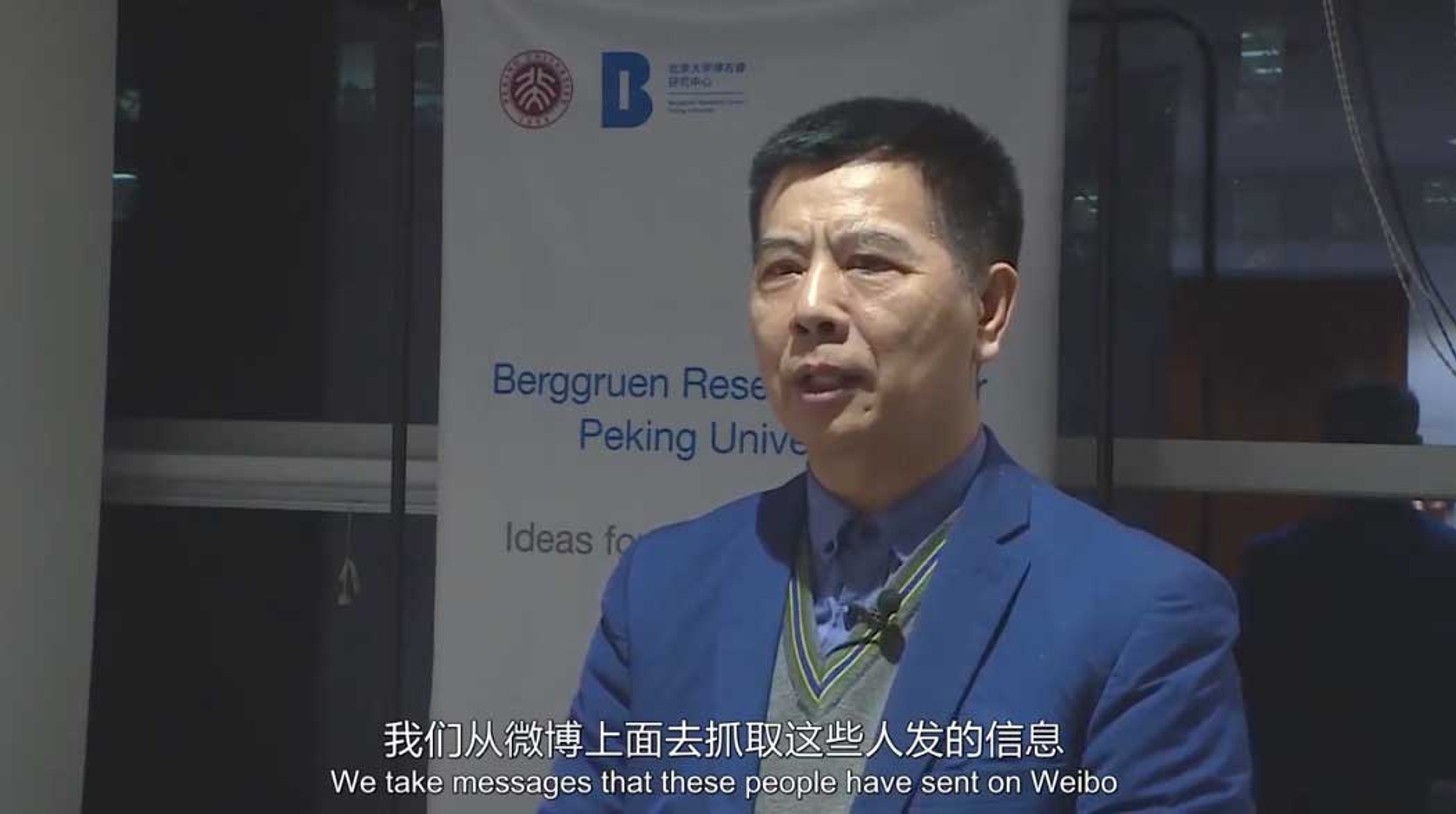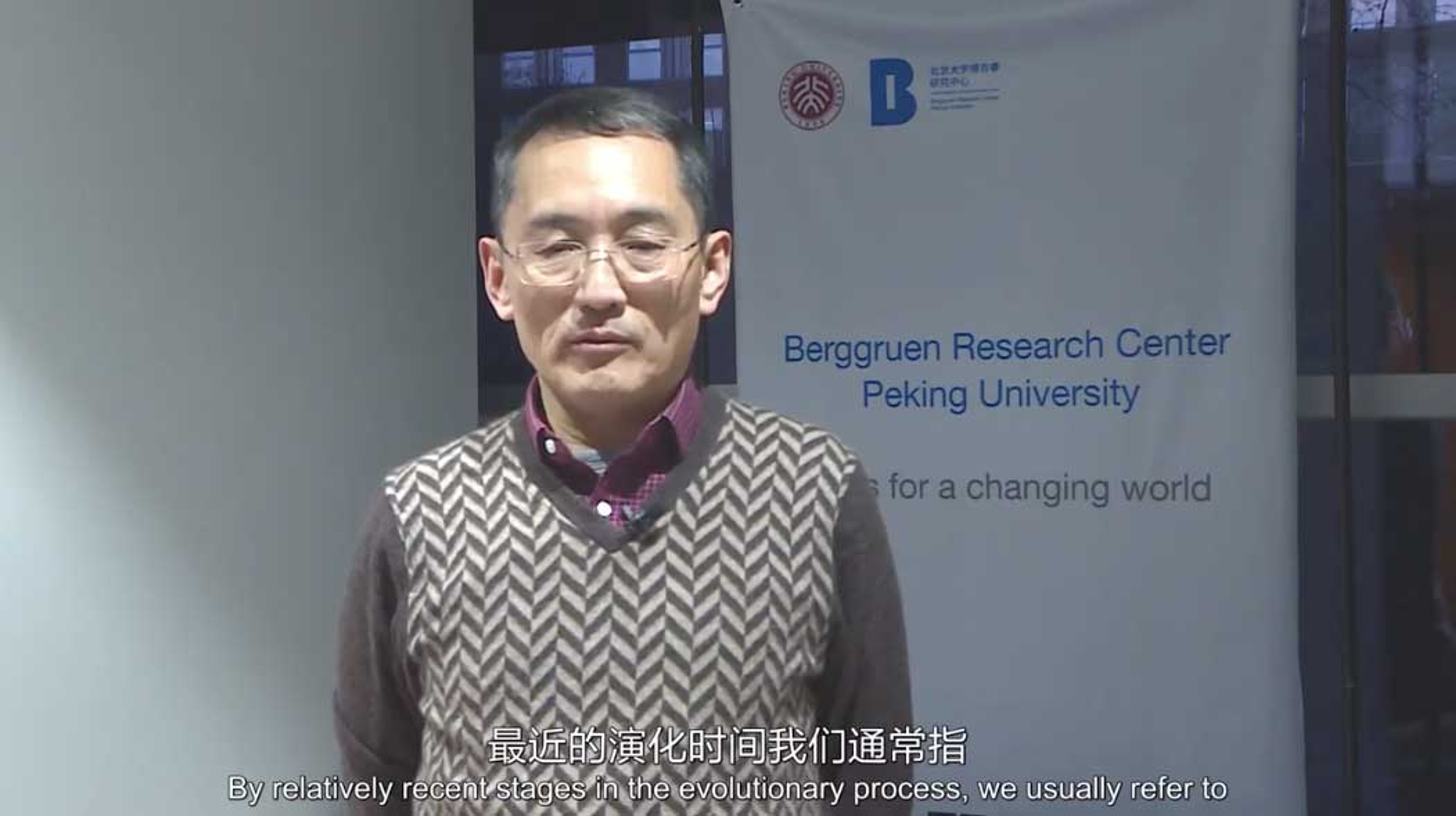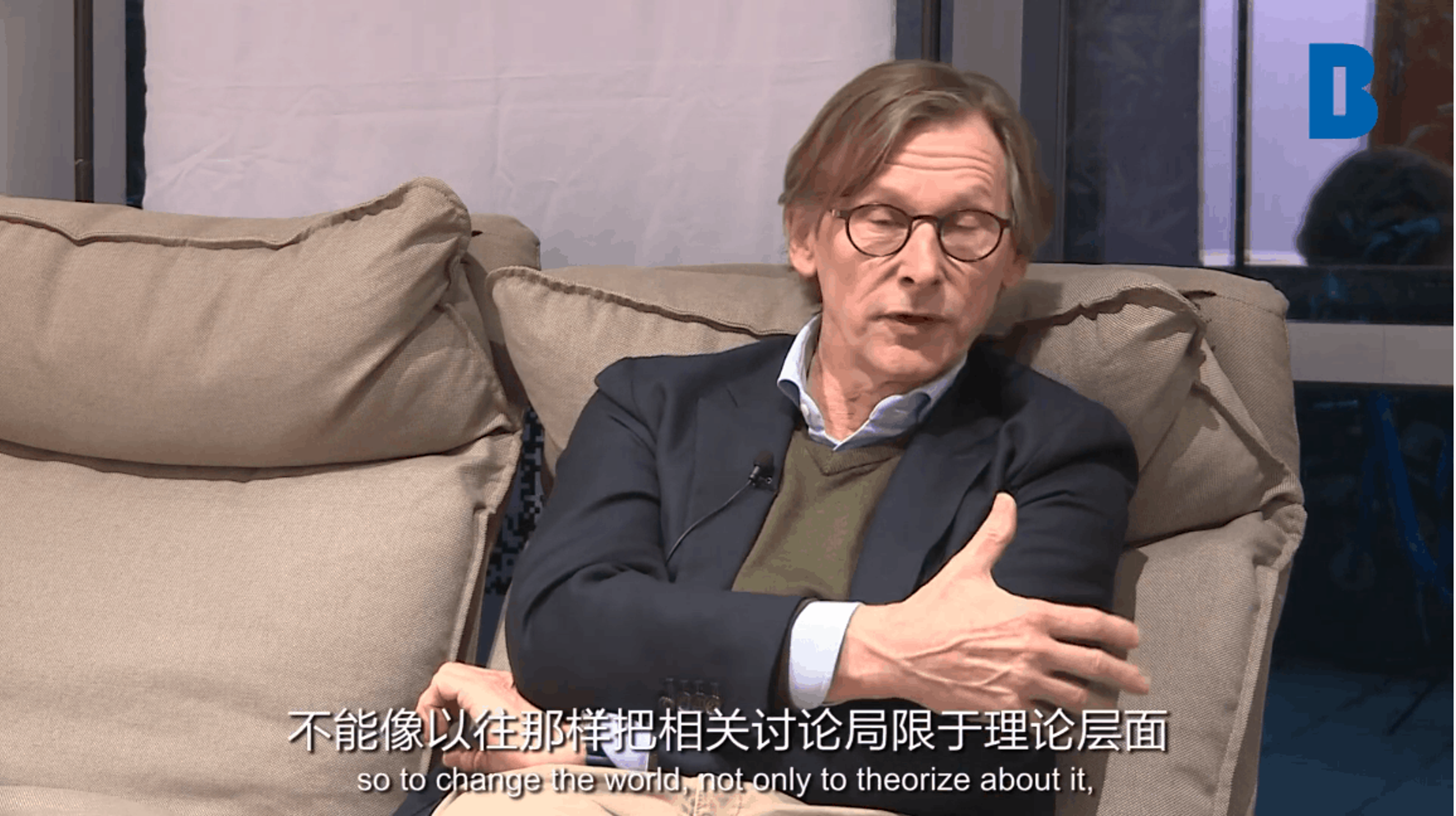A Probabilistic World View via Applied Mathematics
- Date: November 29, 2021
Time:
Dec 3, 2021 20:00-21:30 PST | Dec 4, 2021 12:00-13:30 Beijing Time
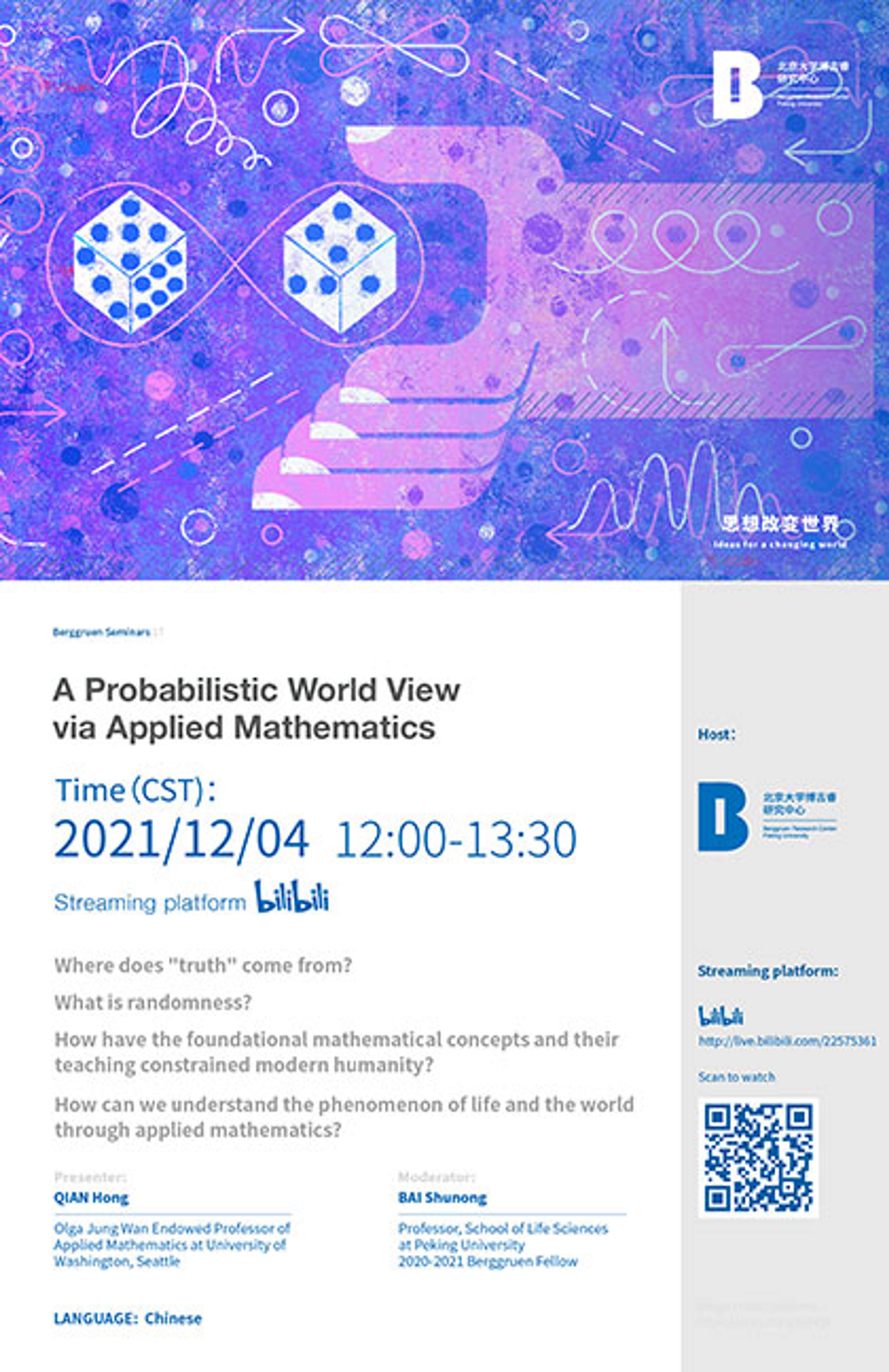
Language: Chinese
Streaming Platform:
Bilibili – http://live.bilibili.com/22575361
Event Background:
Since the emergence of Newtonian mechanics as a classical natural philosophy, mechanics has become the paradigm for a scientific understanding of the objective world, with calculus as its language and forces as the “exogenous” cause of change by motion. The temporal continuum in mathematics plays a very important role here. In this context, what counts as randomness has always been a puzzling question. The rise of probability theory less than a century ago and its applications once again challenged the relationship between mathematics and physical reality, reviving some of the major questions in the philosophy of science from ancient Greece through the Renaissance.
Agenda:
- 12:00 – 12:05 Opening Remarks
- 12:05 – 12:50 Keynote Speech
- 12:50 – 13:30 Q & A
Key Discussions
- Where does “truth” come from?
- What is randomness?
- How have the foundational mathematical concepts and their teaching constrained modern humanity?
- How can we understand the phenomenon of life and the world through applied mathematics?
Speaker:
QIAN Hong, Olga Jung Wan Endowed Professor of Applied Mathematics at University of Washington, Seattle
Professor Hong Qian is the Olga Jung Wan Endowed Professor of Applied Mathematics at the University of Washington, Seattle. He received his B.A. in Astrophysics from Peking University and his Ph.D. in Biochemistry from Washington University in St. Louis. He then worked as a postdoctoral researcher at the University of Oregon and Caltech on biophysical chemistry and mathematical biology. He was elected a fellow of the American Physical Society in 2010. Professor Qian’s main research interest is the mathematical representation and modeling of biological systems, especially in terms of probability theory and statistical physics. A book he co-authored with H. Ge, Stochastic Chemical Reaction Systems in Biology, has just been published by Springer.
Moderator:
BAI Shunong
- Professor, School of Life Sciences at Peking University
- 2020-2021 Berggruen Fellow
Bai Shunong is a professor at the School of Life Sciences, Peking University. Since beginning his postgraduate training in 1983, his research activities have led him to form a nonconventional perspective on the phenomenon of plant development. Bai Shunong believes that it is necessary to revive the views proposed by the founders of modern botany — that a plant is not an individual, like most animals are; rather, it is comprised of a colony of many developmental units, each of which would be the equivalent to the animalistic “individuals.” The “Plant Morphology 123” theory he proposed regarding plant development integrates previously proposed concepts such as the “plant development unit,” “sexual reproduction cycle,” and “plant development program” into one system. Seeking to understand the internal driving force of plant morphogenesis, Bai Shunong realized that instead of asking “what is life”, people should first ask “what is being alive”. In cooperation with two mathematicians, he proposed that the “structure of the energy cycle” is what can be called “alive”, and the origin point of the entire system of life we experienced on earth.
Guest Speakers
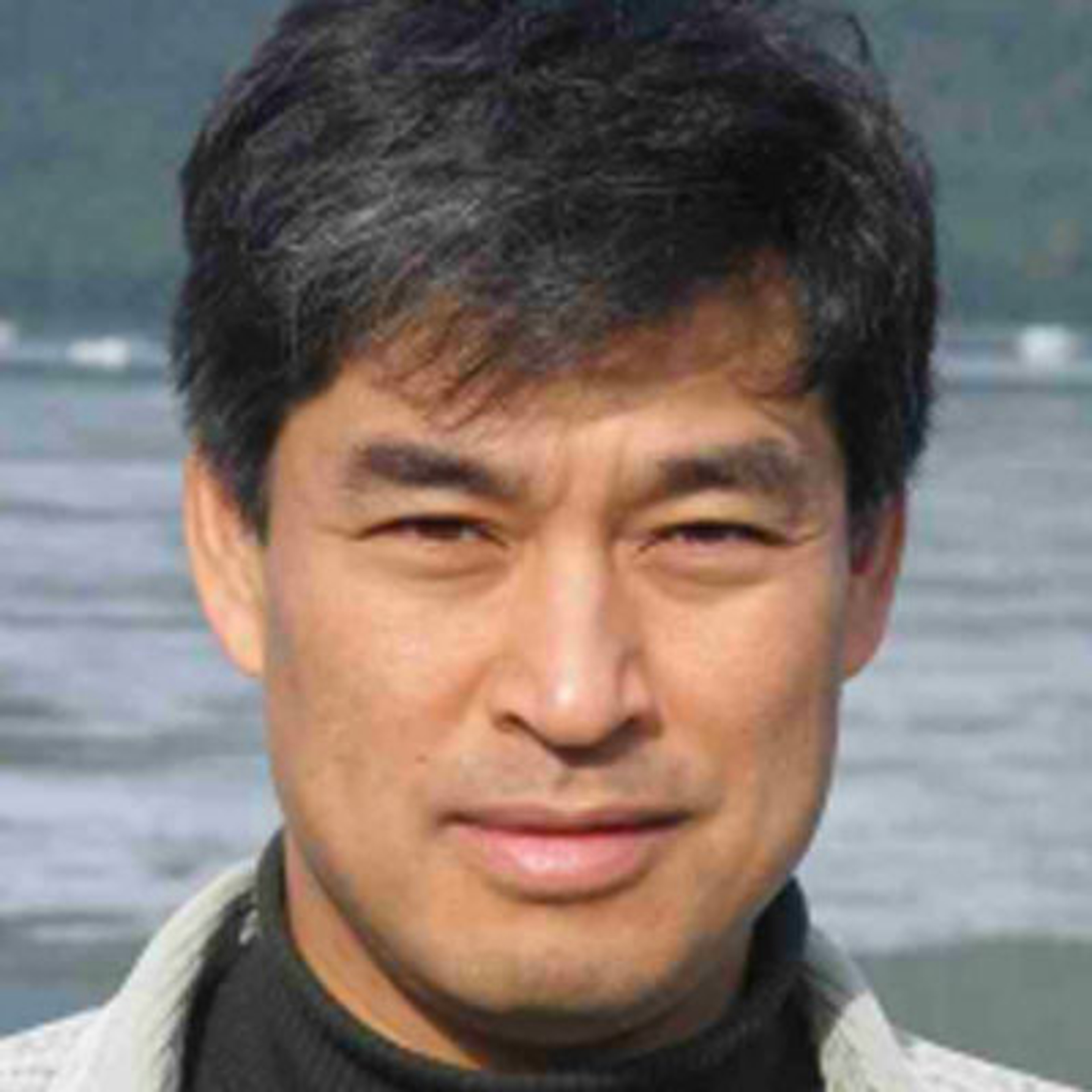
QIAN Hong
